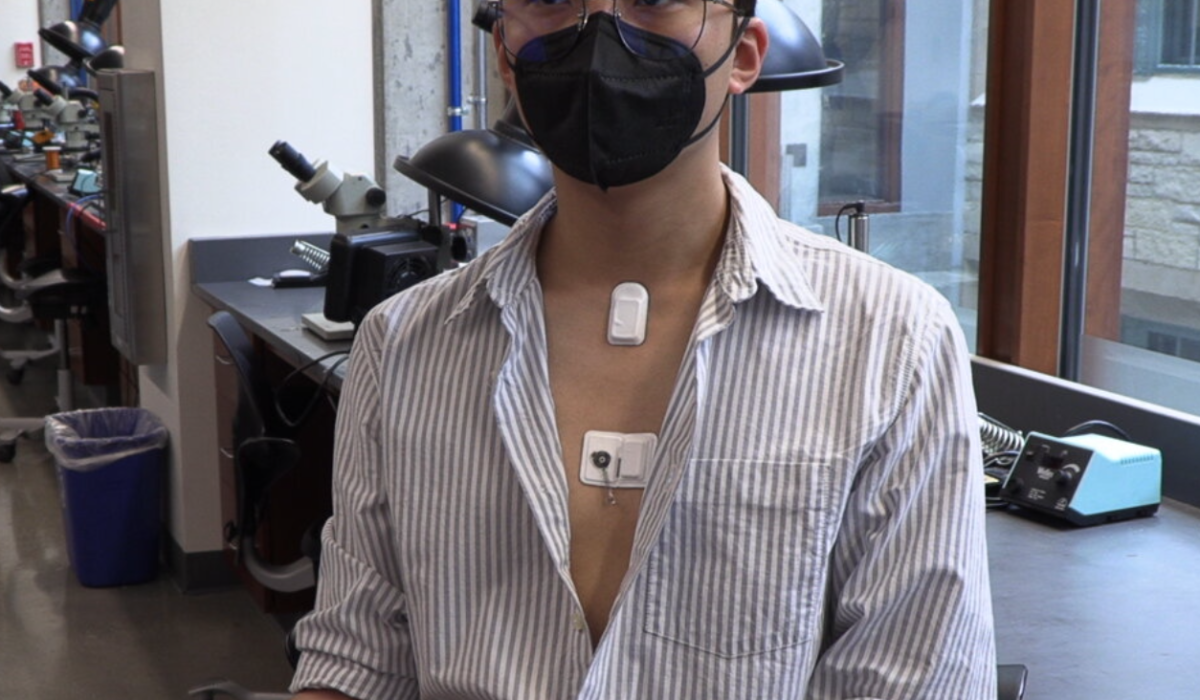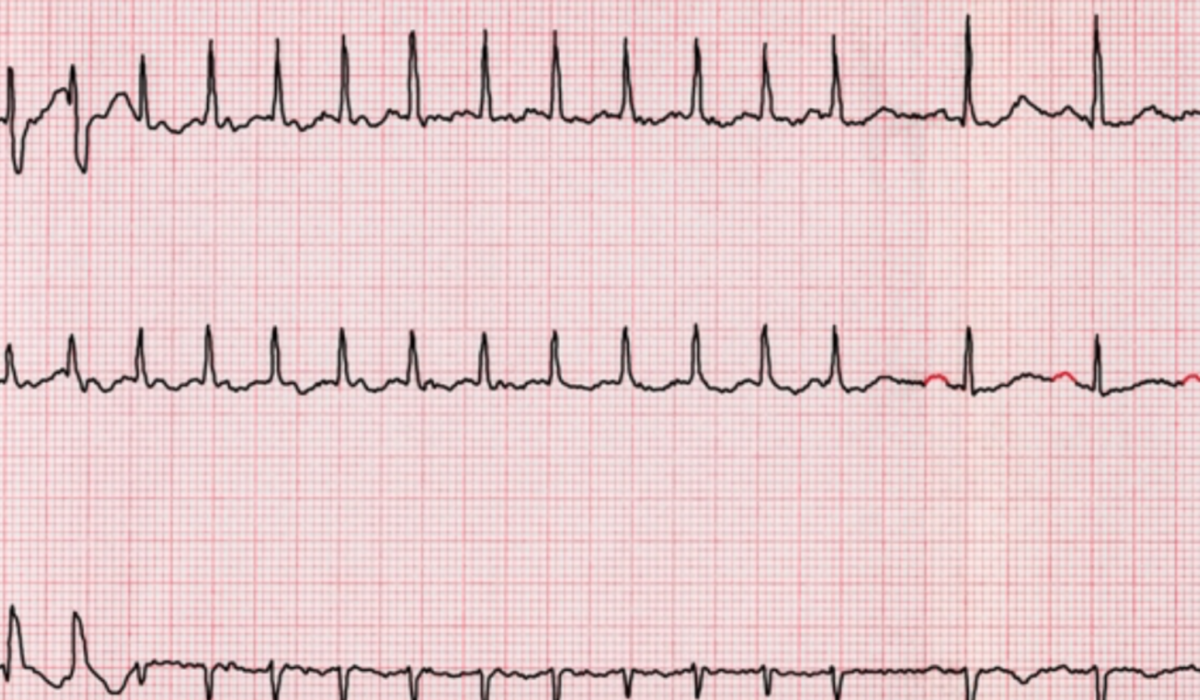John Rogers and Northwestern colleagues have developed their second generation transient pacemaker, used post cardiac-surgery or for those awaiting permanent pacemakers. The new version, still implantable, wireless, and self dissolving after it’s no longer needed, works...
Heart
AI detects CHF through analysis of one heartbeat
Sebastiano Massaro at the University of Surrey, Mihaela Porumb and Leandro Pecchia at the University of Warwick, and Ernesto Iadanza at the University of Florence have developed an advanced signal processing and machine learning method to...
Atrial fibrillation-detecting ring
Eue-Keun Choiand Seoul National University colleages have developed an atrial fibrillation detecting ring, with similar functionality to AliveCor and other watch-based monitors. The researchers claim that the performance is comparable to medical grade pulse oximeters....
3D printed, vascularized heart, using patient’s cell, biological materials
Tel Aviv University professor Tal Dvir has printed a 3D vascularized engineered heart, including cells, blood vessels, ventricles and chambers, using a patient’s own cell and biological materials. A biopsy of fatty tissue was taken from...
Small ultrasound patch detects heart disease early
Sheng Xu, Brady Huang, and UCSD colleagues have developed a small, wearable ultrasound patch that monitors blood pressure in arteries up to 4 centimeters under the skin. It is meant to detect cardiovascular problems...
Apple watch detects falls, diagnoses heart rhythm, bp irregularities
The Apple Watch has become a serious medical monitor. It will now be able to detect falls, contact emergency responders, and diagnose irregularities in heart rhythm and blood pressure. Its ECG app has been granted a De...
Sensor assesses blood clotting in 30 minutes
ClotChip assesses blood clotting 95 times faster than current methods, with a single single drop of blood, using miniaturized dielectric spectroscopy. A finger-prick sample is taken from heart arrhythmia, pulmonary embolism, post surgery, or hemophilia patients, to analyze...
App uses phone’s camera to monitor heart health
Mory Gharib and Caltech colleagues have developed an app which uses a phone camera to monitor heart health. When held to the neck, it infers the left ventricular ejection fraction of the heart by measuring...
Future hearable sensors could track physical, emotional state
Apple has filed patent applications describing wireless earbuds that monitor health while a wearer talks on the phone or listens to music. This has obvious exercise-related implications, but could potentially track the physiological impact...
Thin, flexible, insulated sensor could monitor the heart for 70 years
Northwestern’s John Rogers has developed a sensor that can monitor electrical activity irregularities in the heart for 70 years. The sensor is much safer and more refined than current technology, which degrades easily, and can harm...









